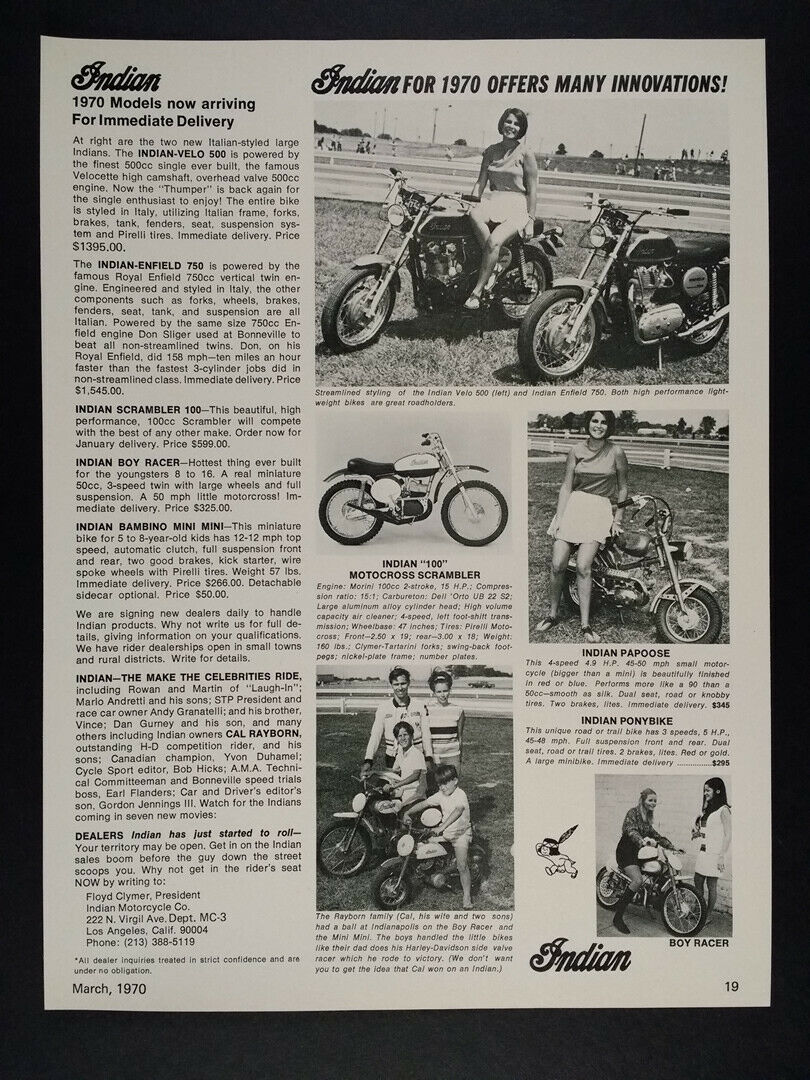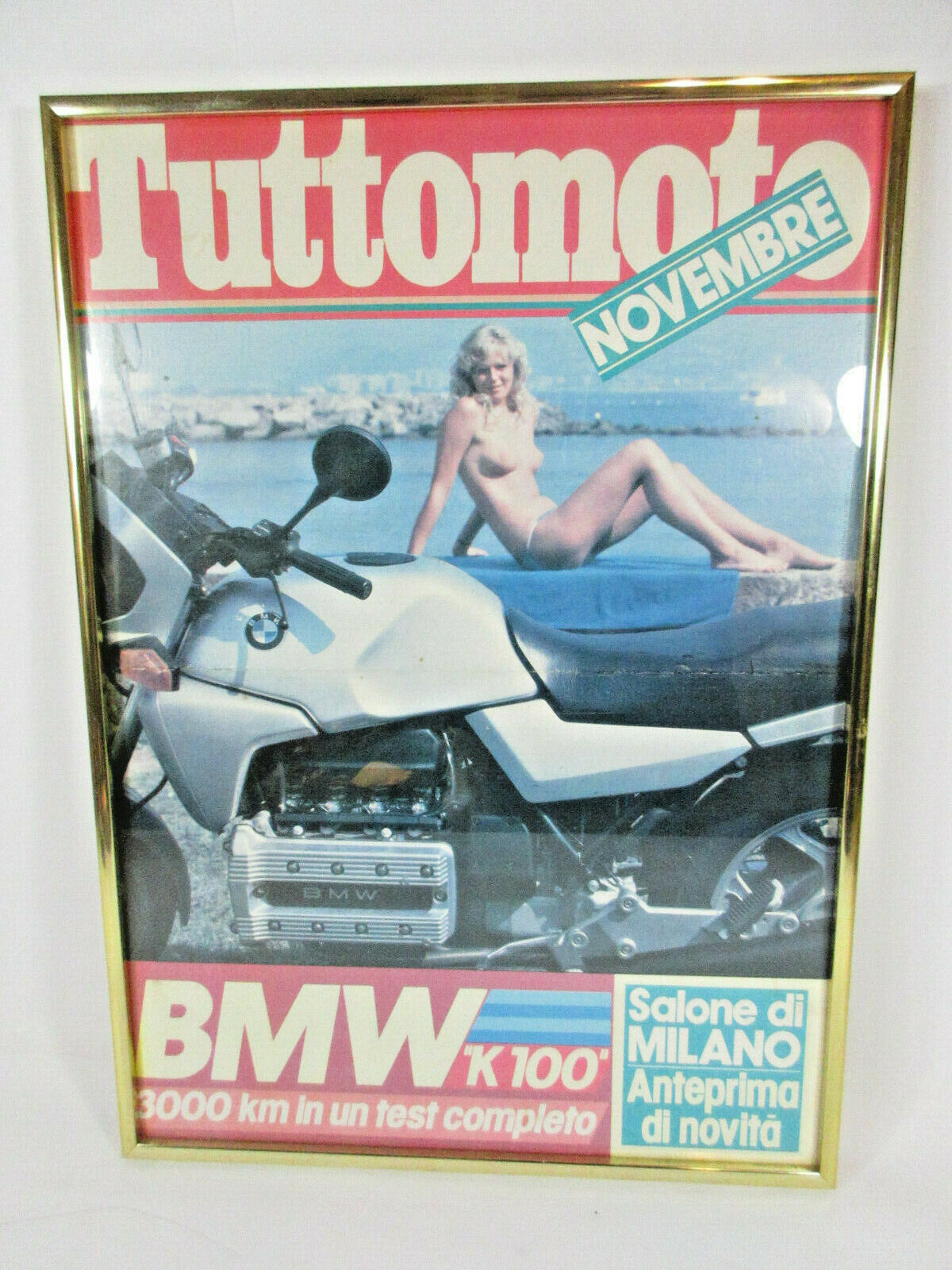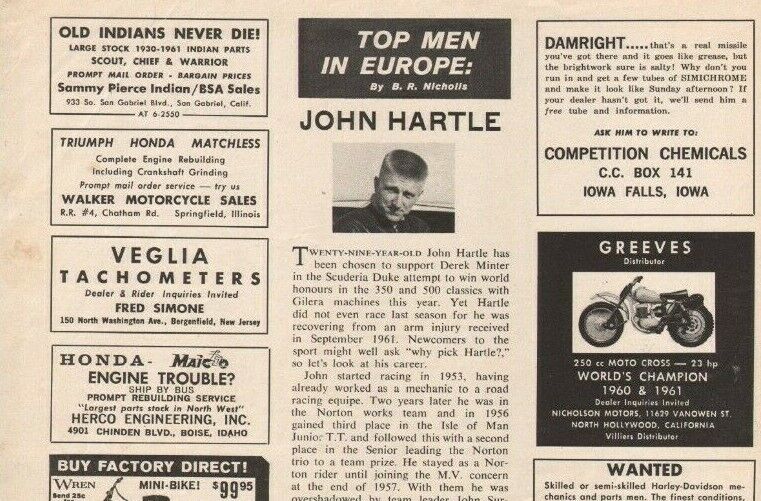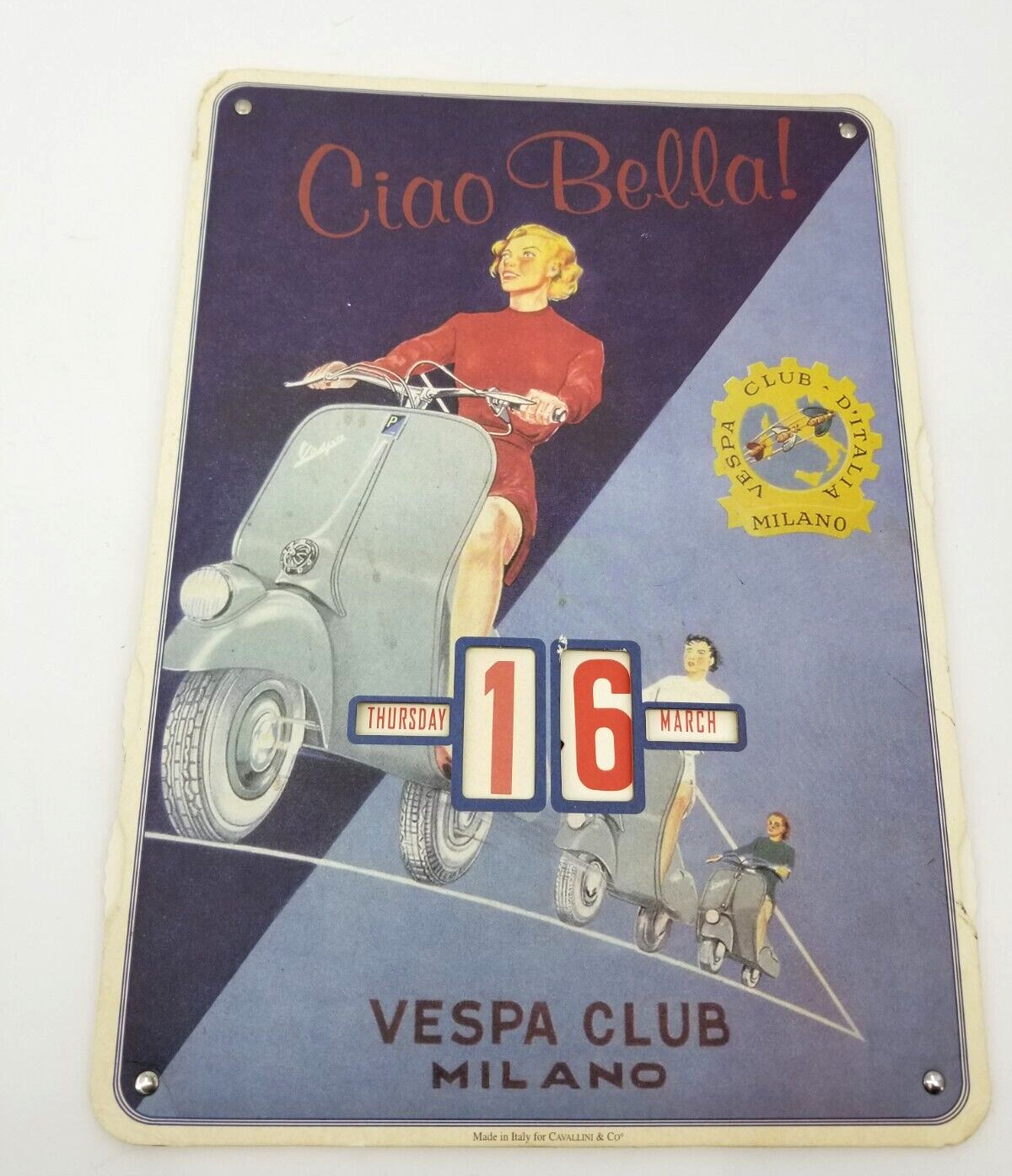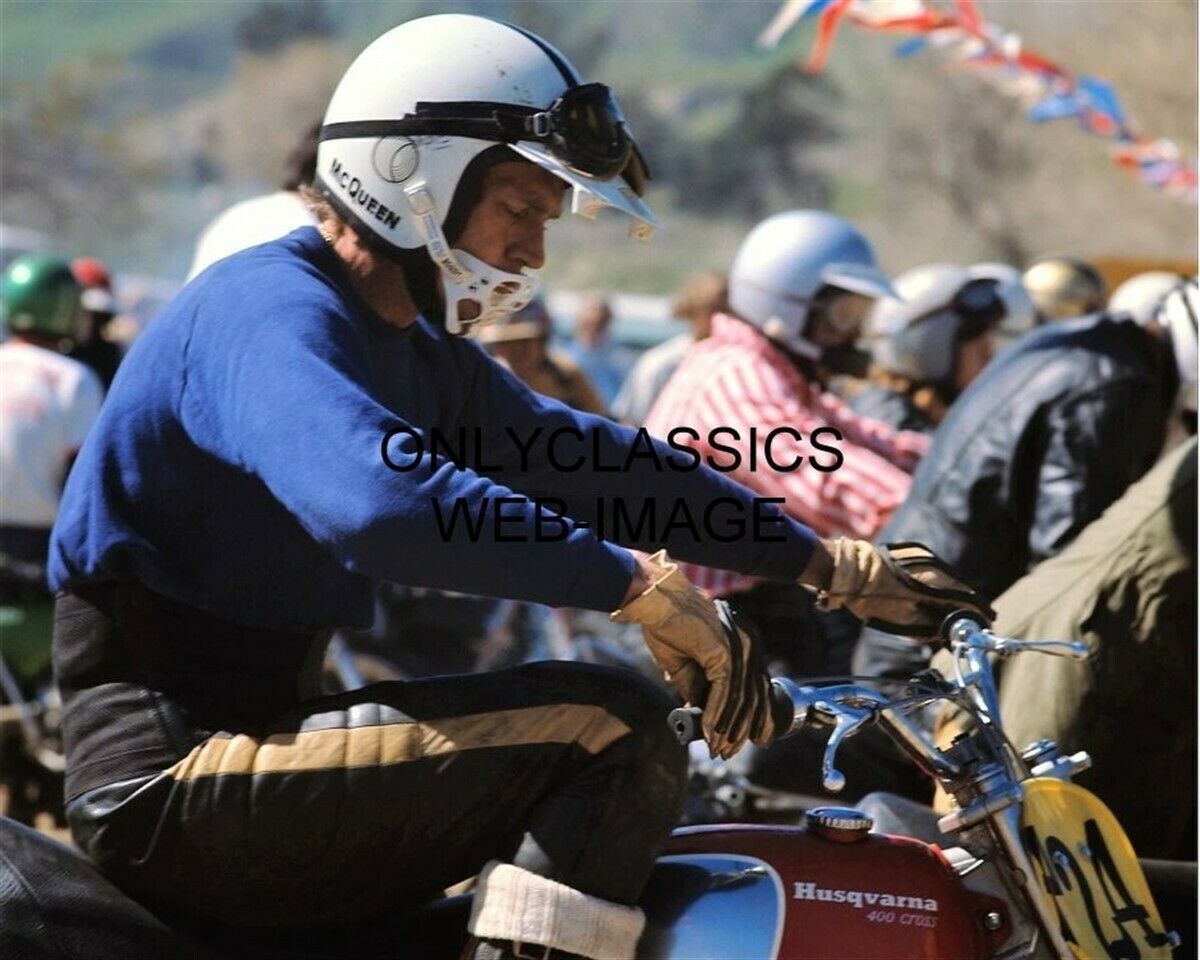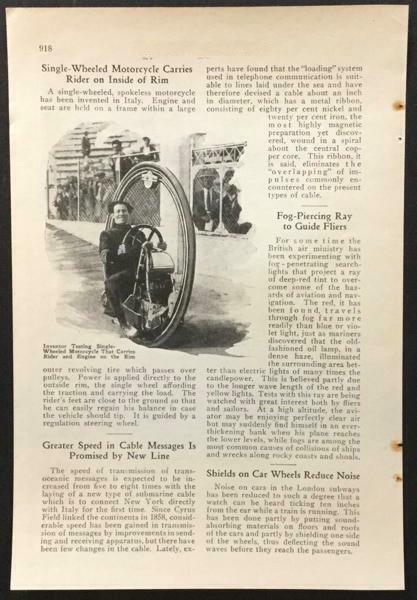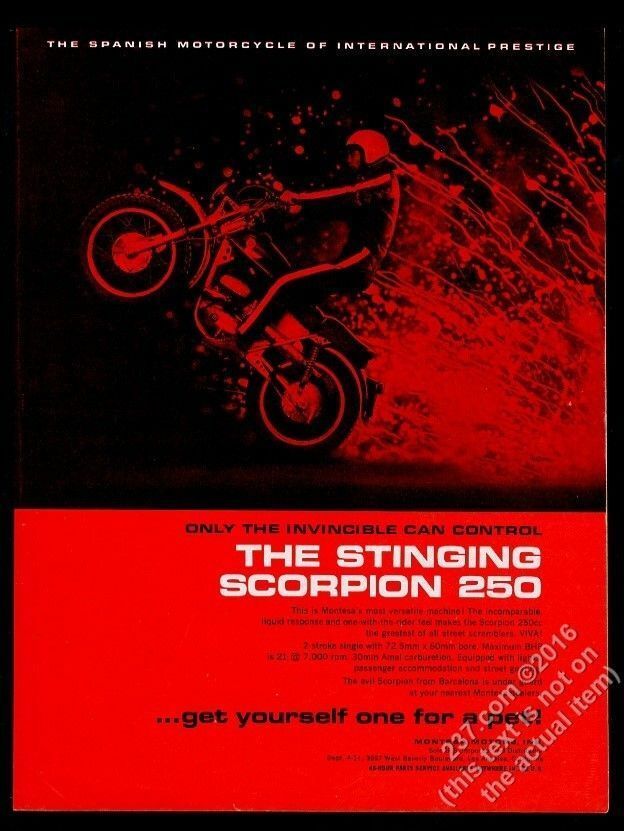-40%
1976 Montesa Cappra 125 - 4-Page Vintage Motorcycle Road Test Article
$ 8.67
- Description
- Size Guide
Description
1976 Montesa Cappra 125 - 4-Page Vintage Motorcycle Road Test ArticleOriginal, vintage magazine article
Page Size: Approx. 8" x 11" (21 cm x 28 cm) each page
Condition: Good
Montesa’s
Cappra 125 VA
■
■ Good Handling, Suspension and Powerband.
They Just Forgot to "Giddyup" the Horses.
Last year Montesa had only about a
hundred of their little 125 racers floating
around the country. They didn’t get
much ink in the media which, according
to Montesa, was just right. The first year
of the bike was a pilot program, just to
see how the machine was accepted.
Apparently the response was pretty
good, because the 1976 season officially
introduces the Montesa Cappra 125 VA.
This is Montesa’s first real venture into
the small-bore category in quite some
time, since the introduction of their VR
series two years ago, but they figure that
they can easily apply their know-how
from the 250 and 360 models to a 7.5-
cubic-inch screamer.
Starting with basics, the Montesa is
equipped with a 123cc engine that is
piston-port fed by a 32mm Bing carb.
Compression is way up there, coming in
at 16-to-l, high for the 125 category.
Ignition is the best—Motoplat, and the
bike comes stock with a Bosch plug.
Throw it away and get a Champion N57R
or a N54R.
The monstrous rear sprocket is really
only a 56-tooth model. The rims and
spokes held up very well, as did the
fenders and tires. You might find that
the bars are too wide—but they can be
cut down with a hacksaw.
Inside the gearbox, you’ll find that
there are six speeds available to the
selective rider. The shift throw is reason-
ably short and we rarely missed any gears
coming either up or down while riding
the motorcycle. Neutral was easy to find,
and the bike will start in gear, provided
you pull the clutch in first.
The kickstarter is new, mainly in that
it doesn’t connect like the bigger bikes.
You don’t have to hassle with the pull-
back method, as on a Bultaco. It’s just
an ordinary start lever now.
In the suspension category, you’ll find
that Betor forks hold up the front end
and Telesco units do the job in the rear.
The 125 uses the same basic suspension
dimensions and components as its larger
brothers, except for the fact that every-
thing is scaled down to relative size.
In the rear, the shocks are moved
forward and laid down. As with the
Can-AM, Montesa sees fit to put the
lower shock mount position at the rear of
the swingarm, just ahead of the axle area.
The exhaust pipe is an upswept type
because with a downswept, if you
bottomed out the suspension, you’d no
longer have a pipe on the bike. The pipe
exits out the left rear of the bike, after
starting from the right-hand side of the
cylinder and crossing over the top of the
air box.
Both a chain guard (which we found to
be useless for motocross riding) and a
chain guide can be found at the left side
of the swingarm. There is no tensioner on
the unit, and we suggest that you get one
before the chain destroys both the guide
and the guard when it pops off.
There are nice little touches all
around. Nylon fenders adorn both the
front and rear of the bike, as on the
larger models. Fork boots come stock on
the front end, as do fork protectors.
Wide handlebars, a glass tank, well-
padded seat, good grips and mediocre
levers are all factory stock items.
Montesa has stayed with the cable-
operated rear brake, something a lot of
manufacturers should do. Their unit
works off the pedal, straight to an angle
piece of metal and then onto a cable to
the rear wheel. With this setup, the rider
doesn’t get any feedback through the
pedal when riding over rough ground, yet
he still gets positive braking power.
We found that although the bike was
easy to start using the tickler, the 125
The nice seat/tank junction is flat,
allowing you to crawl all over the
machine. The 125 powerplant is very
compact and has an extremely sturdy
gearbox. Shift throw was nice, short
and positive...
15189-AL-7607-01

